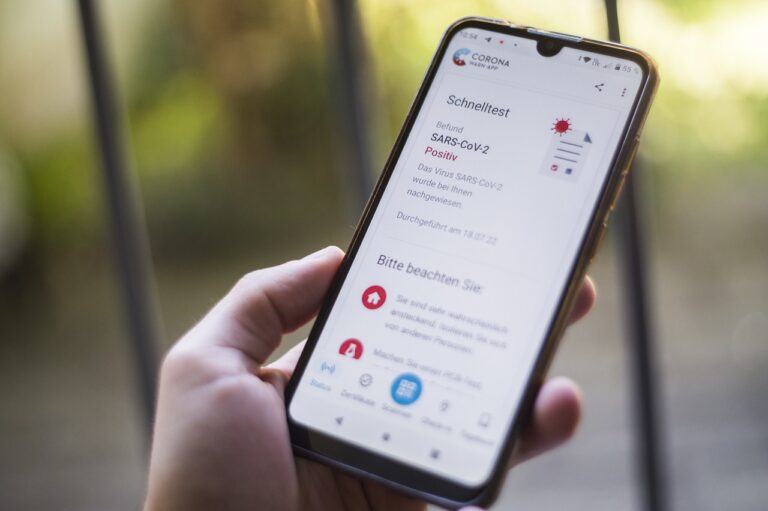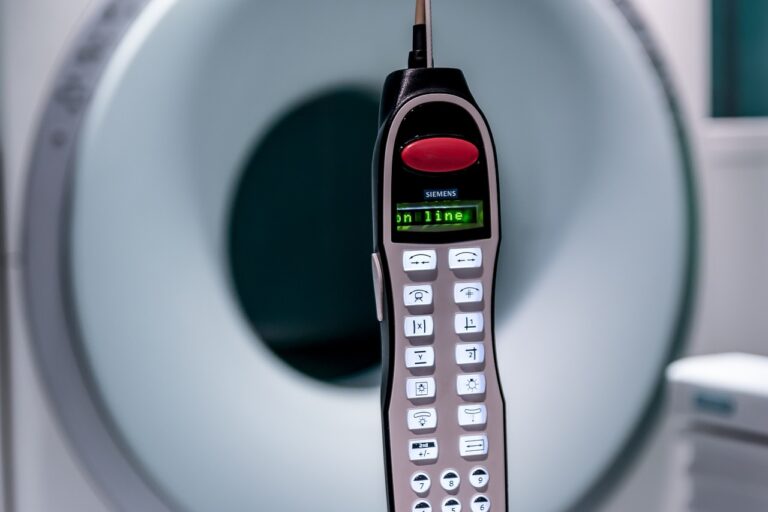The Role of Blockchain in Medical Records Management and Accessibility
Blockchain technology is revolutionizing the management of medical records in healthcare institutions. By utilizing a decentralized and immutable ledger, blockchain ensures the secure and efficient storage of patient data. This transparency and security in medical record-keeping not only safeguard sensitive information but also streamline access for authorized personnel, ultimately enhancing the quality of patient care.
Moreover, blockchain technology eliminates the need for intermediaries in the sharing and updating of medical records. This direct peer-to-peer communication fosters a more seamless transfer of information between healthcare providers, leading to faster and more accurate diagnoses and treatment plans. The efficiency and reliability offered by blockchain in medical records management mark a significant advancement in the healthcare industry, promising improved patient outcomes and overall system effectiveness.
Enhanced Security and Privacy Measures in Medical Record Keeping
Blockchain technology has revolutionized the way medical records are stored and managed, providing enhanced security and privacy measures. By utilizing cryptographic techniques, blockchain ensures that sensitive patient information remains secure and tamper-proof. Each block in the blockchain contains data that is encrypted and linked to the previous block, creating a chain of information that is resistant to unauthorized access.
Moreover, blockchain technology allows for granular control over who can access and modify medical records, enhancing privacy measures in medical record keeping. Patients can rest assured that their data is only accessible to authorized healthcare providers, reducing the risks of data breaches and unauthorized disclosure. With blockchain, patients have more control over their own medical information, ensuring that their privacy is prioritized in the management of their health records.
Improved Interoperability of Medical Records Across Healthcare Providers
Ensuring smooth communication and data exchange between different healthcare providers has long been a challenge in the medical field. The advent of blockchain technology has provided a solution to this issue by improving the interoperability of medical records. Through blockchain, healthcare providers can securely access and share patient information in a seamless and efficient manner.
By using blockchain technology for medical records management, healthcare providers can eliminate the need for multiple isolated systems. Instead, they can rely on a decentralized network that allows for real-time updates and access to accurate patient data. This not only streamlines the process of sharing information but also reduces the chances of errors or discrepancies in medical records, ultimately improving the quality of patient care.
What are the benefits of using blockchain in medical records management?
Using blockchain in medical records management provides enhanced security, transparency, and immutability of patient data. It also allows for seamless sharing of medical records across different healthcare providers.
How does blockchain technology enhance security and privacy in medical record keeping?
Blockchain technology encrypts and decentralizes medical records, making them less vulnerable to cyber attacks. Each transaction is securely recorded on the blockchain, ensuring the integrity and confidentiality of patient data.
How does improved interoperability of medical records benefit healthcare providers?
Improved interoperability of medical records allows healthcare providers to access and share patient information more efficiently. This leads to better coordination of care, reduced medical errors, and improved patient outcomes.







